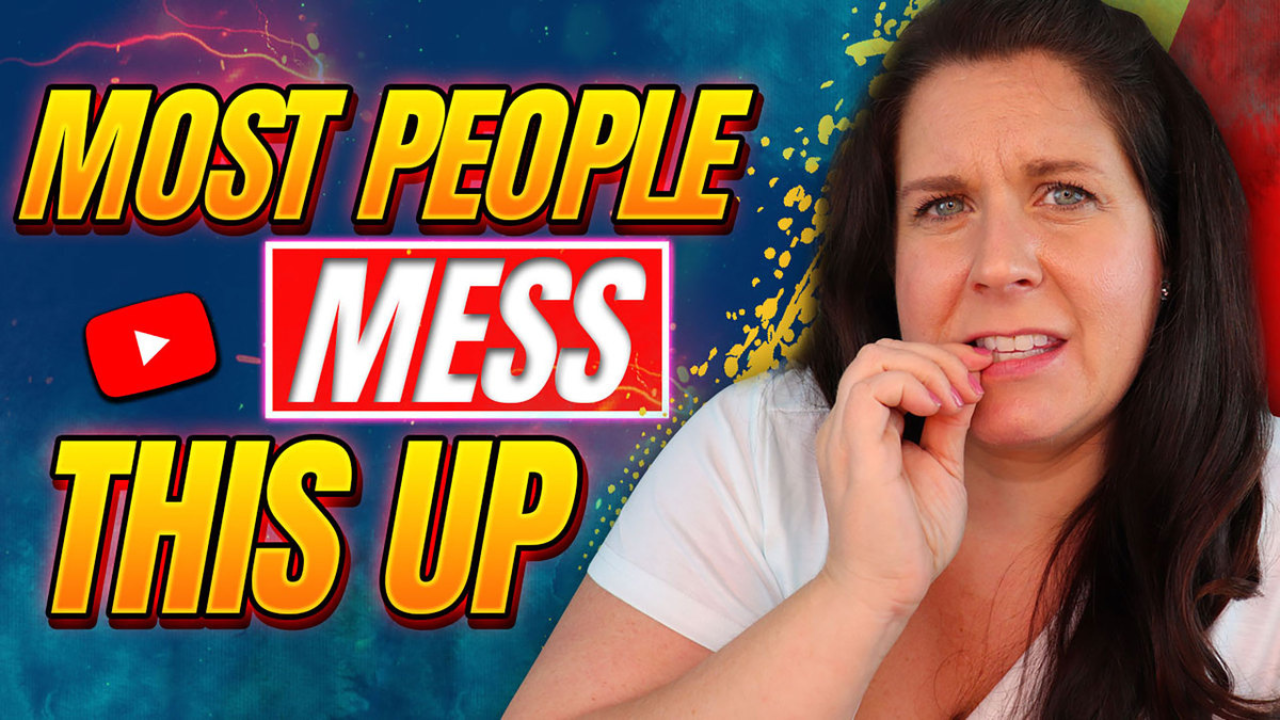5 Life-Changing Skills NEVER Taught at 12 Step Meetings!
The problem with 12 steps is that, even though they do teach a lot of things well, they do it in a real indirect way, and they're hoping you pick up on the vibe and you learn the lesson, but sometimes if you're like me, you can be a little dense, and miss it. So they're having you practice the 12 steps and call your sponsor, but they could better connect the dots.
If you follow the plan, you will likely figure out most of the steps. Still, I want to make sure and call your attention to these five skills because not only are they not talked about directly, they're just not talked about, and you need them if you want to stay sober and get past the first month or so of recovery.
The rest is mostly about sanity management. How do you stay sober? You keep your sanity intact. So, many recovery skills have nothing to do with the substances. How do I keep myself in a place to not need those? You have to keep yourself in a healthy place, which means you need to keep your life somewhat orderly.
I was talking to this young girl just today who's in early recovery, and she was telling me about a work situation she had run into, and we were brainstorming ways she could handle it and figuring out how to solve the problem. She told me some things she's already tried, and I told her, " I'm impressed with you doing that. Because you don't realize that it's connected to your recovery, but it is because if you didn't deal with that, you were either going to build resentment, get upset with that person, and then get mad one night and go out and drink or quit this job that you like.
The five crucial recovery skills you need:
#1
The first crucial recovery skill that everyone should learn is working on your assertiveness skills. Now you might be thinking, "oh, I'm assertive. I tell it like it is."
You might need better assertiveness skills if you tell it like it is and always say exactly what you want. Assertiveness is on a continuum. You have passive on one end, aggressive on the other, and assertiveness in the middle. Passive means you're too scared of upsetting someone else; therefore, you don't get your needs met.
Aggressive means you're so focused on getting your needs met that you'll run over other people's needs in the process, and assertiveness is right there in the middle. I get my needs met. You get your needs met; it is a win-win situation, and we could all get better at this. Can you improve your assertiveness?
#2
The second recovery skill I think everyone needs to have is emotional management/anxiety management.
Suppose you've gotten yourself to the point of having an addiction. In that case, you've, somewhere along the way, become very reliant on some external source to make everything better for you, which means you probably haven't been using your coping skills very much.
We're all very. And coping skills are kind of like muscles. If you don't use them, they atrophy, which is why it feels like everything is the end of the world very early in recovery. You feel an emotional wreck. You feel like you have super thin skin and difficulty dealing with almost any stress. That gets better. Stopping the addiction will probably make it 50 to 70% better after the first month. However, learning what to do with those really uncomfortable situations and emotions in recovery is crucial.
Learning to sit with it and understand that it'll pass is a matter of learning. And sometimes it's a matter of stopping long enough to ask yourself, what does this emotion mean? Because emotions are like little messengers, and they're trying to tell you something, you need to learn to stop and say, Hey, why am I angry? Why am I sad? Why do I feel rejected? What does that mean? Because it's an essential piece of information. Once you can stop and think about that, you can decide what to do about it.
#3
This leads me to my third crucial recovery skill, problem-solving. Unfortunately, while developing an addiction, we've probably lost our problem-solving skills because addiction gets us to this point where we're just in a survival zone and trying to get through the next moment.
We tend to put off problems until we have to face them. And what happens when we put off our problems? They get bigger and bigger until, ultimately, we have to meet them. They're freaking huge. Learning how to identify and solve problems as they come at us individually allows us to not get to where things build up into this giant tsunami.
Your first instinct might be to put it off, avoid it, numb it out, or ignore it. So we have to rewire that instinct.
#4
Now, the fourth essential recovery skill is communication skills. Now, the 12 steps do a lot to help us learn to navigate relationships more effectively because it forces us to learn how to deal with resentments and make amends and all that stuff.
But it doesn't necessarily directly teach us excellent communication skills. This one connects with assertiveness, but it's bigger than just assertiveness. How do we communicate authentically? How do we get past that reflex? We have to avoid things and ignore things. How do we hear other people's complaints, feedback, or frustrations without taking it defensively? How can we learn to say something in a way other people hear? Good communication skills are essential recovery skills because they keep your relationships healthy. Communication is critical, and one of the biggest triggers for relapse is when you have a big, giant relationship problem. I don't just mean a romantic relationship; I'm talking about a relationship with your kids, your family, your boss, your friends, all of those things. When someone's upset with you or you're upset with someone else, the chances of relapse start going up Immediately.
#5
Now, skill number five that everyone in recovery needs is mindset management.
Now if we can do those other four things, we've already done a lot for mindset management. Still, when we're in that active addiction state, we can train ourselves to think negatively because so many problems build up around us because the substance worsens our anxiety. It can become almost like a habit to think negatively.
To assume the worst will happen builds resentment rather than solving a problem. So it's not just the habit of engaging in addictive behavior; it's all those mindset habits built up along the way. What I do requires a certain mindset. But, no, you might be thinking, how am I supposed to learn all that stuff?
Sometimes people feel weird about going to counseling related to a substance abuse problem, which they really shouldn't, but sometimes they do. But you might not feel so bad if you say I'd like to have a counselor and work on my communication, mindset, or problem-solving skills.
And if you don't like that word counselor, get a coach to work on these. It might feel less intimidating to reach out and ask for help on those things than reaching out and asking for help specifically and directly about substance use. However, I do need to slide this in. You need to address substance use to get these other things in order. First, substance use or addiction has to be dealt with. And then very soon after, these things need to come into play to keep your recovery. Now we also teach these skills in our membership program.
So whether or not you have the addiction, if you're trying to be your best self, these are things that we can all work on and improve. I'll put the link HERE.
Amber Hollingsworth


